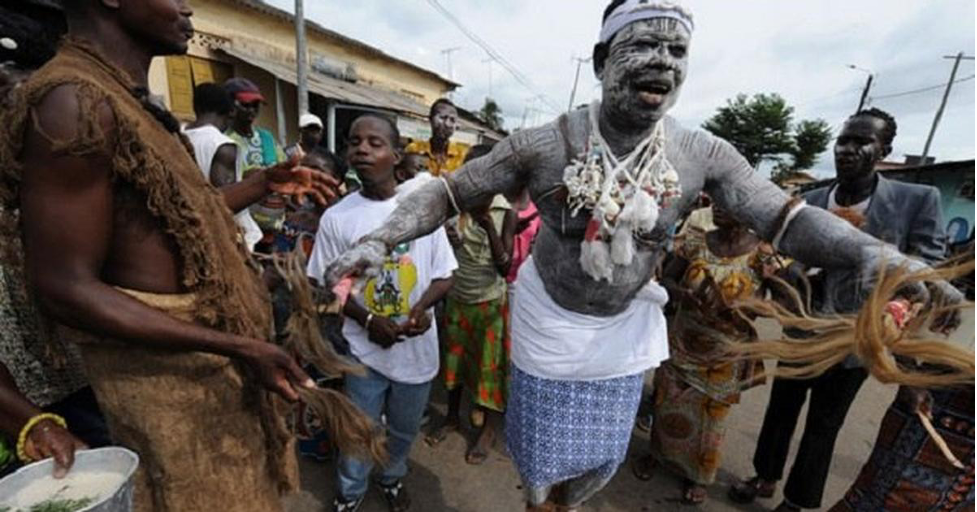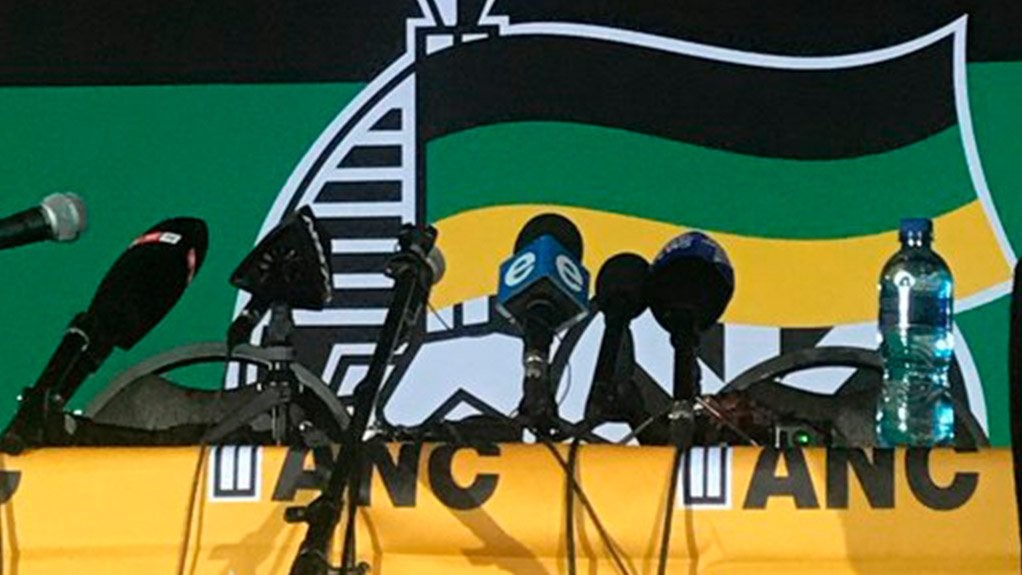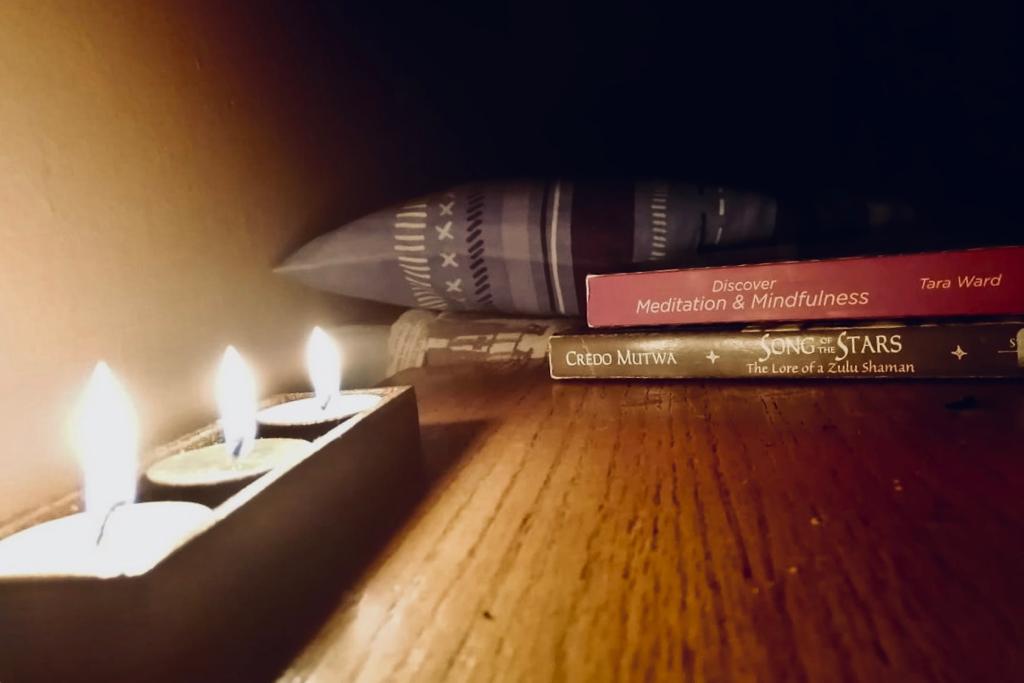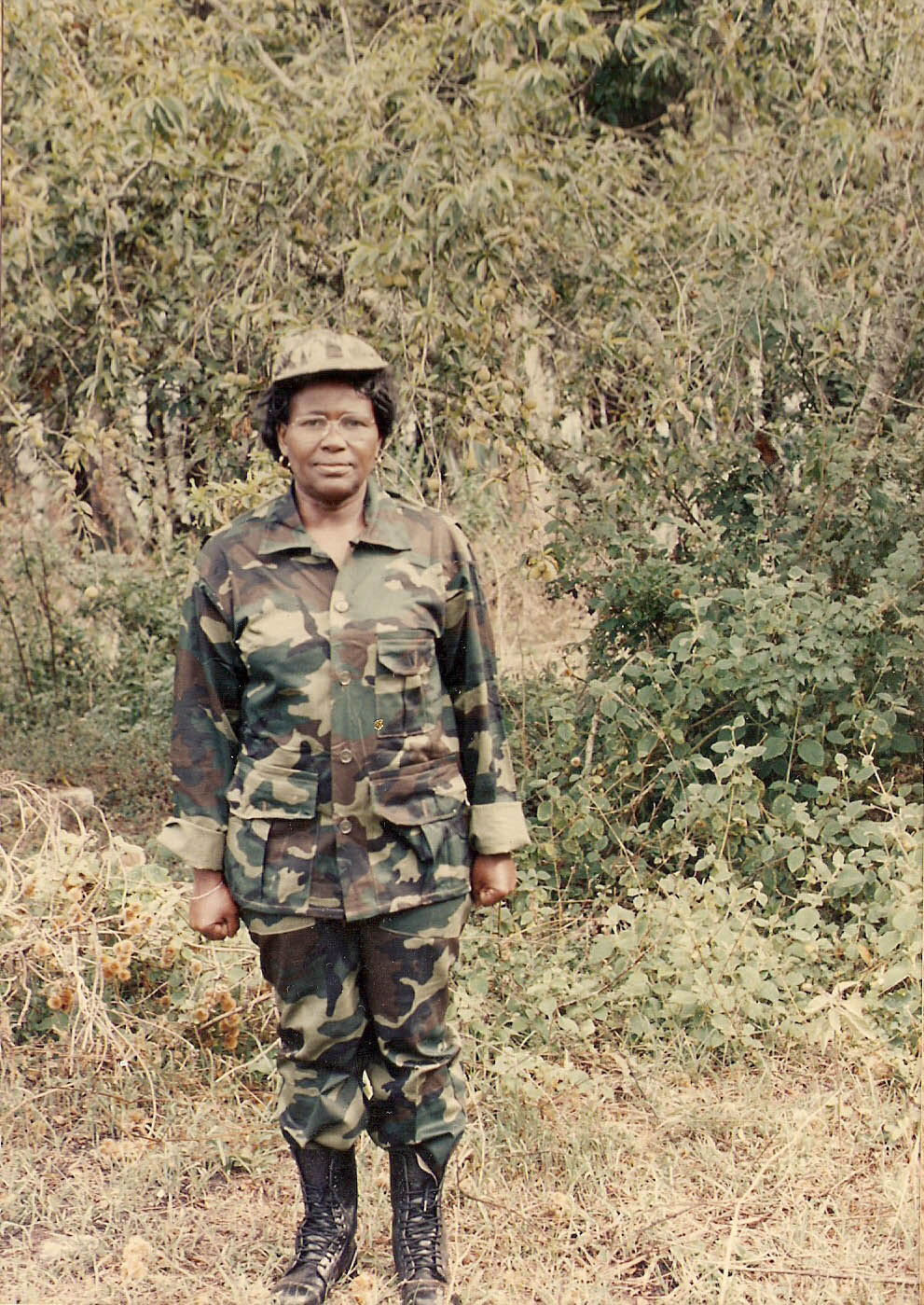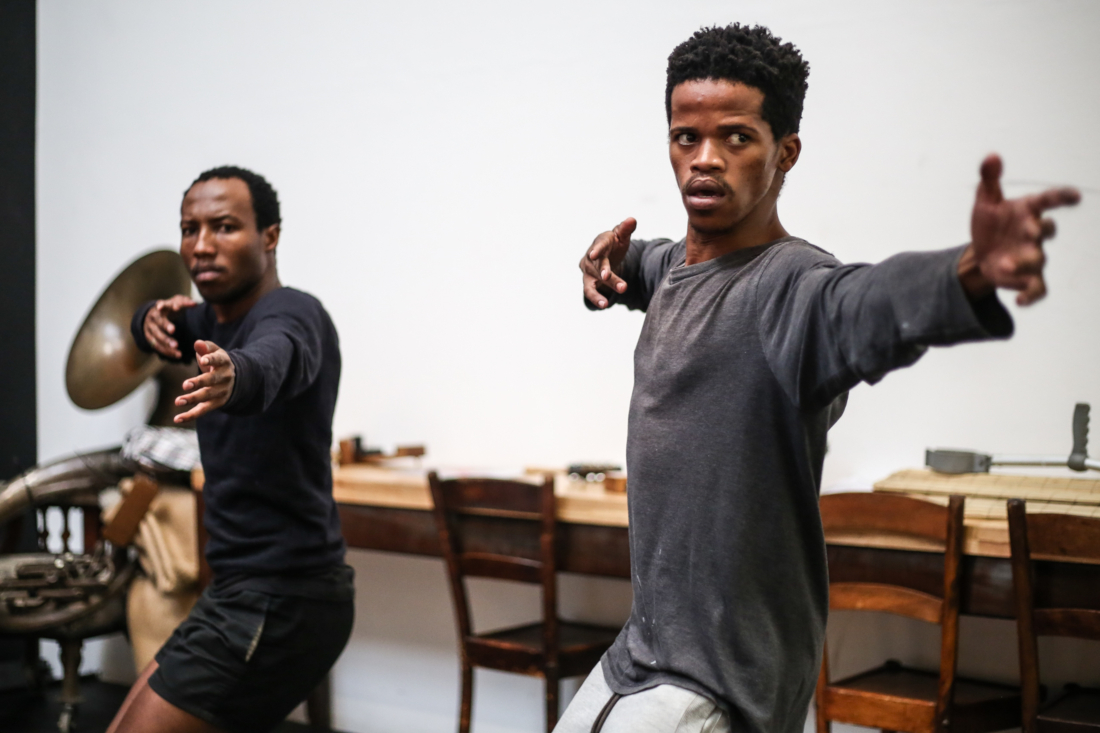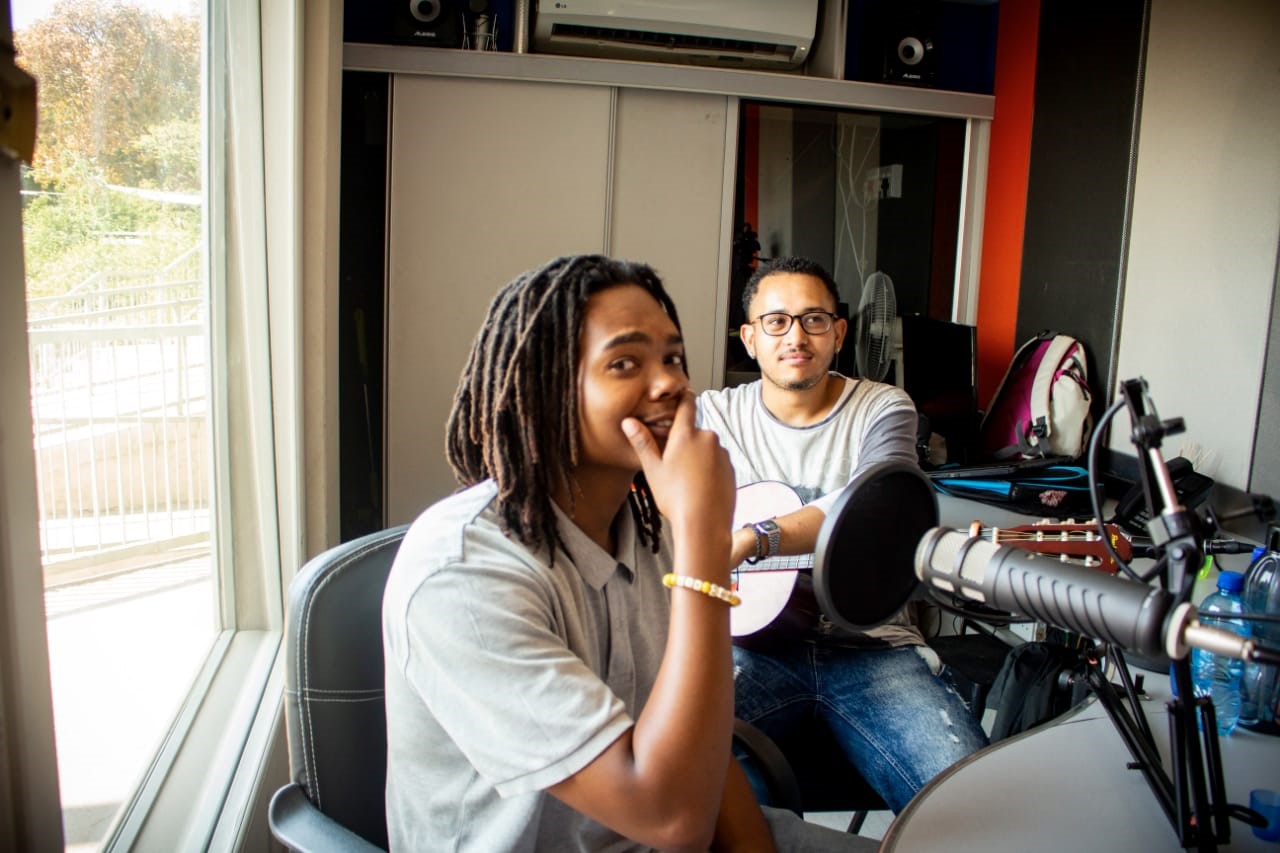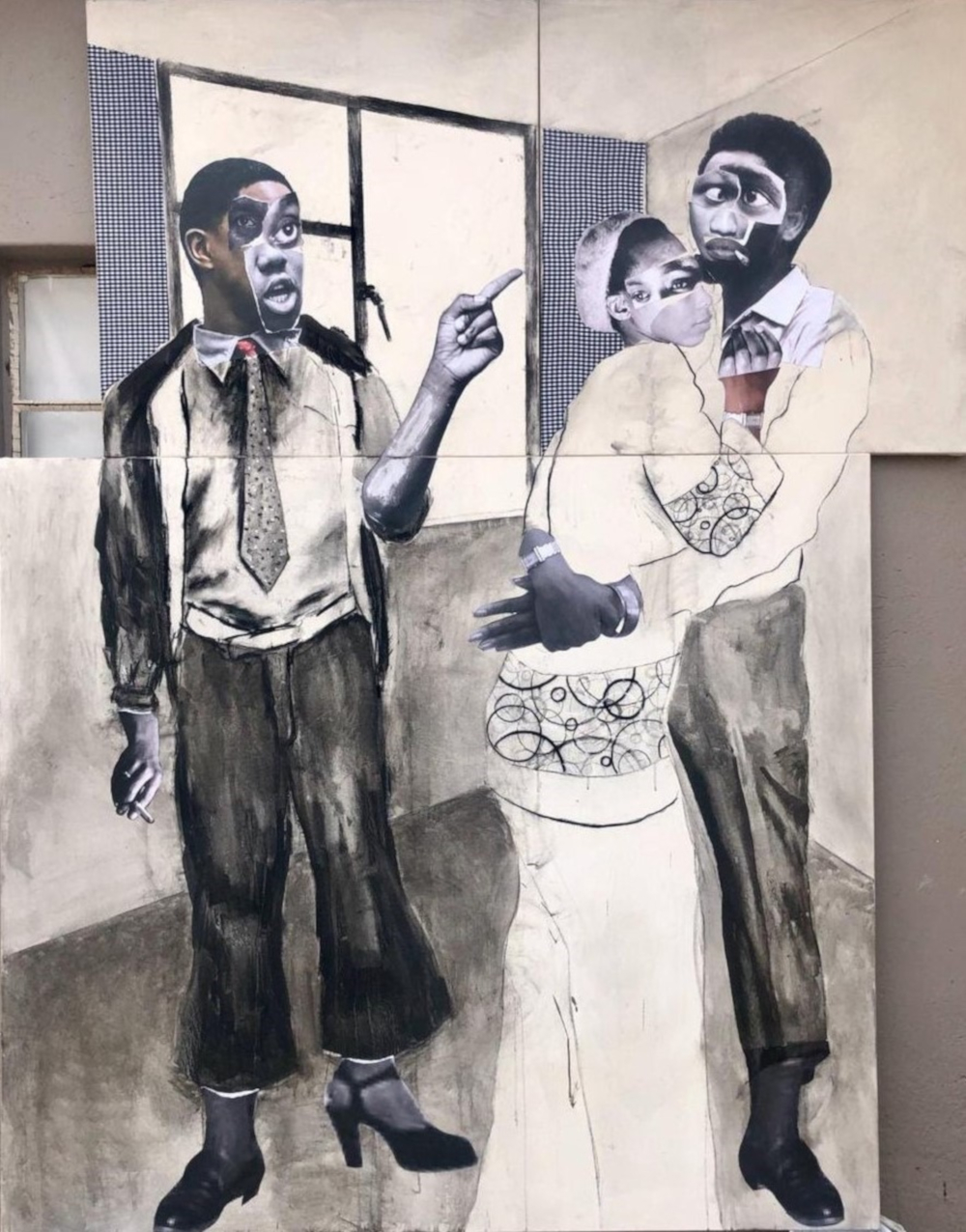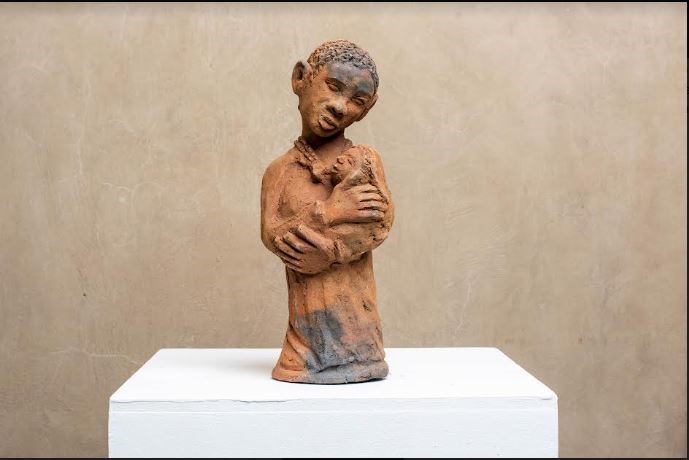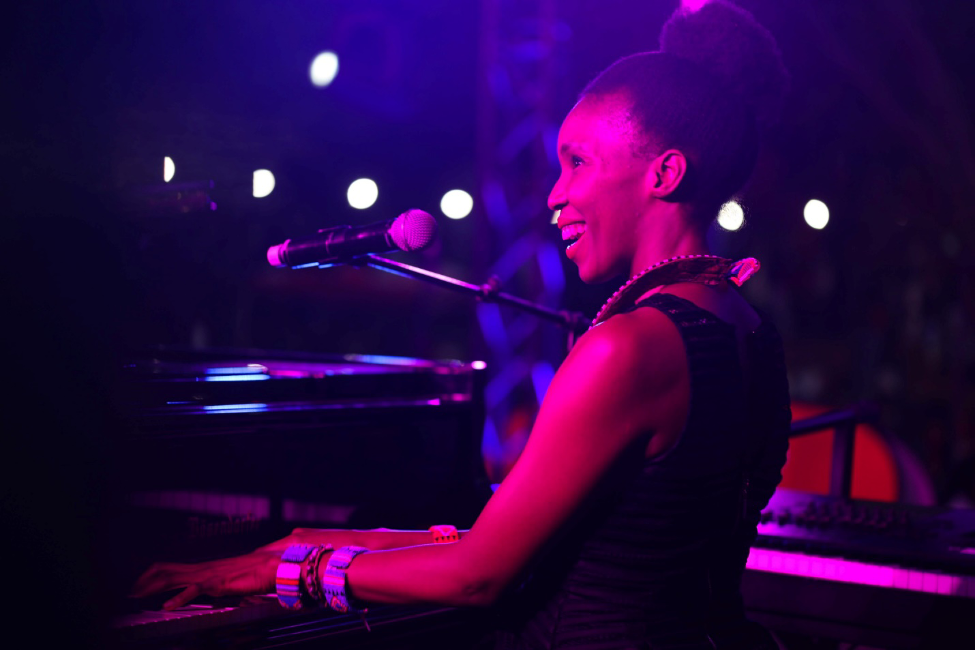State formation in Africa remains hamstrung and trapped in its colonial past. The efforts to establish functional and socially cohesive entities are proving harder with each passing day. Rooted in divisions, exploitation, violence and greed, the concept of the African post-colonial state is proving to be mythical and unfit for purpose. As a result, many individuals question whether the ideals of ‘Uhuru’ (freedom) and justice can ever be realised as the remnants of colonialism continue to define their living conditions or even force them to flee their home countries because they find them to be inhospitable, brutal and devoid of care.
The post-apartheid South African state is grappling with the challenge of shedding its colonial and apartheid legacy. Despite the passage of almost three decades since the formal end of apartheid, the comprehensive process of de-apartheidising the state and all its facets remains an ongoing and incomplete undertaking. This persistent struggle has evolved into a source of frustration as the desired transformation towards an entirely equitable and non-discriminatory society proves to be more elusive than initially anticipated.
The complexities involved in dismantling deeply ingrained structures of inequality, discrimination and historical injustice contribute to the protracted nature of this endeavour as well as create new challenges that were never foreseen. The ‘new’ state is confronted with the challenge of redefining its identity and policies in a way that fully aligns with the principles of equality, justice and inclusivity. The dimensions of inclusivity versus exclusivity forever take new turns as competition for economic, social and political spaces grows.
This article examines the intricate phenomenon of ‘inclusion-to-exclude’ within the context of reshaping South African identity post-apartheid and the concurrent efforts to transform local economies. Just last week, several news sources recently reported that the Gauteng Democratic Alliance (DA) is demanding a thorough investigation into the provincial Department of Health’s contracts to procure food for all Gauteng hospitals from suppliers in Limpopo. Since August 2023, the department has spent over R23 million acquiring essential goods like bread, eggs, meat and vegetables from businesses contracted by its Limpopo counterpart.
Jack Bloom of the DA contends that the contracts are suspicious and demands a comprehensive probe. He further stated, “It’s quite erratic. Typically, piggybacking on a neighbouring province’s contract is an unusual practice. Securing contracts with local food suppliers in Gauteng should not be particularly difficult, especially when dealing with basic items like bread, eggs, fruits, and vegetables.”
MEC Nomantu Ralehoko maintains that nothing was improper about the department's decision to source food for all Gauteng hospitals from Limpopo suppliers. The department has informed Eyewitness News that it has been utilising Limpopo-based companies since August while it finalises its own food procurement contracts in Gauteng. Without getting into the merits of whether the decision to use suppliers from Limpopo was warranted, the DA’s argument went beyond the legally allowable chastisation of the Gauteng Department of Health.
Bloom’s focus should have been on what is permissible in terms of government procurement policies and regulations but argued that “securing contracts with local food suppliers in Gauteng should not be particularly difficult…” to denote that suppliers from outside the province cannot be regarded as ‘local’. This perspective puts into question things like the ‘localisation policy’, which the DTIC continues to prioritise localisation as a central pillar in South Africa’s industrial policy.
The ’new’ South Africa redrew borders based on the historical tribal delineations that once reinforced the segregation of various apartheid communities. In this restructuring, KZN is associated with the ‘Zulu’ identity, Limpopo with the ‘Vendas’, ‘Pedis’ and ‘Tsongas’, and the EC with the ‘Xhosas’. The Bantustan system did not die but was revamped and now makes it easy for some to easily ‘other’ those who do not come from their homelands. A few years ago, for example, former premier Helen Zille described the influx of EC children seeking better educational opportunities in the WC as “education refugees”.
This issue of ‘othering’ is not entirely new or exclusive to the DA: it is prevalent across the political spectrum. Essentially, South Africa has not given much thought to the broader implications of transformation and economic localisation, particularly in the context of state procurement. For instance, when a national government entity holds a conference in Durban, politicians advocate for prioritising local suppliers and excluding anyone from outside eThekwini.
The reasoning behind excluding individuals from other regions, such as the North-West, Venda or even Nongoma, solely to promote local businesses is fundamentally flawed. If we examine economic opportunities, we find they are typically concentrated in three locations: Gauteng, Durban and Cape Town. What, then, do we do with those from remote areas that lack significant events or activities? Should we abandon them because of their location? What about integration, social cohesion, and the creation of equitable economic and development opportunities throughout South African society?
In its 2017/2018 equality report, the SAHRC also expressed concerns about the use of the term ‘designated groups’ to refer specifically to Black people, which encompasses Africans, Coloureds and Indians. The report argues that the Employment Equity Act (EEA) and the Broad-Based Black Economic Empowerment (B-BBEE) codes are problematic because they categorise beneficiaries of affirmative measures in a manner that mirrors the racial classification system of the apartheid era. This system was employed to legitimise racial segregation and discrimination and remains a source of division and disparity in South Africa.
There is no doubt that positive discrimination should be implemented, but there are far too many underlying issues that South African society is uncomfortable discussing. Many people interpret the acts of including- to-exclude as ‘localisation’ or ‘transformation’ despite its questionable implications for addressing inequality and eliminating continuities of apartheid and colonisation. Whereas transformation has always been seen as a matter involving blacks versus whites, the reality is that it entails more than that.
Tribes, location, gender, class and political affiliation are some of the issues that also “set the foundations for new patterns of future inequality and economic exclusion within and amongst vulnerable population groups”. Therefore, subtle acts of exclusion or microaggressions are prevalent in South African society, and the longer we turn a blind eye to them, the more they get reinforced and normalised.
Questioning the participation of Limpopo individuals as suppliers or employees in Gauteng overtly suggests that they are ‘foreign’ and not local. These unfortunate sentiments embolden the growing anti-foreign sentiment in South Africa. For example, a 2018 Pew Research poll revealed that 62% of South Africans perceived immigrants as a strain on society due to their perceived appropriation of jobs and social benefits and that 61% of South Africans attributed a higher degree of criminal activity to immigrants compared to other groups.
The likes of EFF leader Julius Malema have cautioned against the unchecked spread of hatred and aggression, as these could also target other South Africans. Exclusion based on skin hues, origin, educational level, political affiliation and other factors has become normalised. Competition for economic opportunities and access heightens the prevalence of abhorrent subtle acts of exclusion or microaggressions, both formally and informally. The treatment of Limpopo companies in Gauteng as ‘foreign’ should go down as re- apartheidisation and Balkanisation of South Africa.
A genuine localisation of the South African economy necessitates that its overall strength and development equal the sum of contributions from its diverse provinces, regions, towns and villages. The essence of true localisation lies in acknowledging that the term ‘local’ transcends the boundaries of one’s immediate neighbourhood. To reach this goal, there should be a concerted effort to avoid exclusion based on any grounds or geographic regions within the country.
Even if the government were to implement land reform correctly, the apartheid-rooted psyche of exclusion would persist. While everyone agrees on the necessity of land restitution and redistribution to achieve societal and economic transformation, doubts persist regarding the willingness of beneficiaries to accept ‘outsiders’ on their newly acquired lands. Several years ago, the ANC’s nomination of Thoko Didiza as Tshwane mayor sparked widespread protests, with individuals openly rejecting her based on her ethnic background and origins.
In his book ‘American Nations: A History of the Eleven Rival Regional Cultures of North America’, Colin Woodard argues that the US is not a single nation but rather a collection of eleven distinct regional cultures, each with its own unique history, values and traditions. These regional cultures, which Woodard calls ‘nations’, have been at odds with each other since the founding of that country. The concept of rival regional cultures within a larger nation also finds parallels in South Africa’s landscape, which is characterised by a complex interplay of class, race, ethnic, linguistic and cultural identities.
While often intertwined, these identities are increasingly becoming the basis for irreparable divisions and conflict. In 2016, for example, Vuwani residents resorted to violence after losing a court case, forcing them to be part of Malamulele Municipality. The incident drew attention to the challenges associated with municipal demarcation and the potential for such decisions to trigger deep-seated local tensions.
Overcoming these challenges demands a nuanced approach that embraces both our shared identity and the complexities that exist within our communities. Failure to acknowledge and address these complexities will continue to impede our economic growth and building united communities. Embracing our diversity while fostering a sense of unity is crucial for navigating these deep-rooted challenges effectively.
Therefore, the concept of ‘local’ should encompass a broader spectrum, embracing individuals from various areas and backgrounds, as the unity and prosperity of the South African economy should be a collective endeavour that recognises everyone’s contribution. Failure to redefine and refine the ‘inclusion-to-exclude’ conundrum will worsen violence, poverty, alienation and animosities at different levels of the South African state and different communities.



